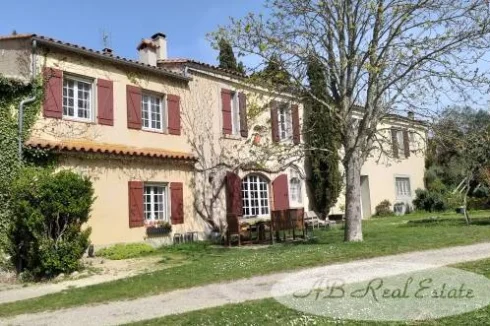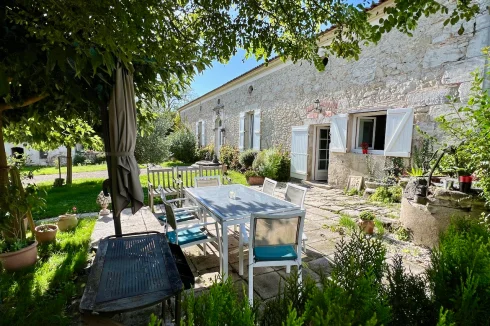Principal Residence and French Capital Gains Tax
Tuesday 08 August 2017
A recent case in the French courts considered the definition of the ‘principal residence’ for the purposes of exemption from capital gains tax.
The sale of a property in France is exempt from French capital gains tax provided it constitutes the principal residence of the seller.*
Although it might not appear a difficult term to define it is the subject of frequent litigation, either because an owner ordinarily occupies two properties during the year or vacates the main home before it is sold.
This case had a somewhat different orientation in that it concerned a couple who had purchased a ground floor apartment with a separate studio apartment above it.
The couple and two of their children occupied the ground floor apartment, whilst their third child lived in the studio on the 1st floor.
In 2012 the couple sold the studio for €195,000, retaining the ground floor apartment, where they continued to live.
The notaire, acting on behalf of the tax authority, imposed capital gains taxes amounting to €14,848 on the sale.
This imposition was challenged by the owners on the grounds that the property had been purchased to accommodate her family, which they had occupied as their principal home.
In support of their claim, the owners cited tax regulations that stated where two adjoining apartments were occupied by members of the same family the property could be regarded as a single unit of accommodation if the purchase of both apartments had been necessary due to the size of the family.
The regulation states:
Toutefois lorsque deux appartements sont situés dans le même immeuble et que leur acquisition a été rendue nécessaire par le nombre des personnes à la charge du contribuable, il est admis que ces appartements forment une unité d'habitation et constituent par voie de conséquence la résidence principale de l'intéressé. La plus-value réalisée à l'occasion de la cession de l'un et l'autre de ces appartements peut donc bénéficier de l'exonération. La condition d'affectation à la résidence principale s'apprécie au jour de la cession de chacune des parties de l'immeuble.
However, in this case the courts took a different view, due to the fact that the studio had been occupied by their eldest, 30 year-old daughter, who was not part of the fiscal household, having for several years made a distinct tax declaration in her own name.
Accordingly, although it was not entirely made clear by the court, the case seemed to turn on the fact that the daughter was not a dependant. Almost in parenthesis the regulation itself implies just that, as it refers to 'personnes à la charge du contribuable'.
*There are also other grounds for exemption, which are outlined in our guide below.
Thank you for showing an interest in our News section.
Our News section is no longer being published although our catalogue of articles remains in place.
If you found our News useful, please have a look at France Insider, our subscription based News service with in-depth analysis, or our authoritative Guides to France.
If you require advice and assistance with the purchase of French property and moving to France, then take a look at the France Insider Property Clinic.





